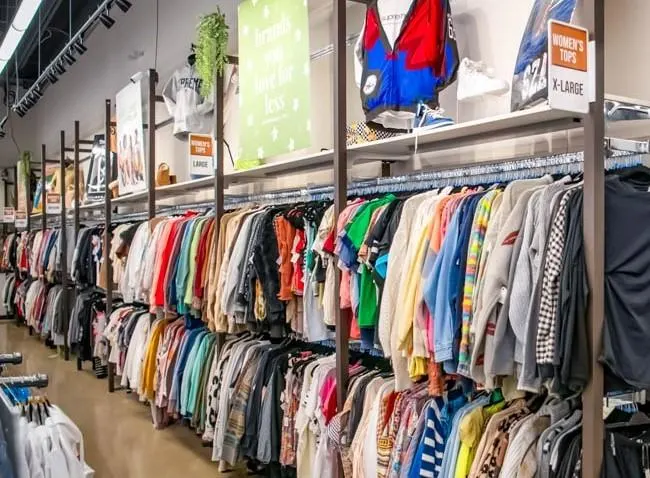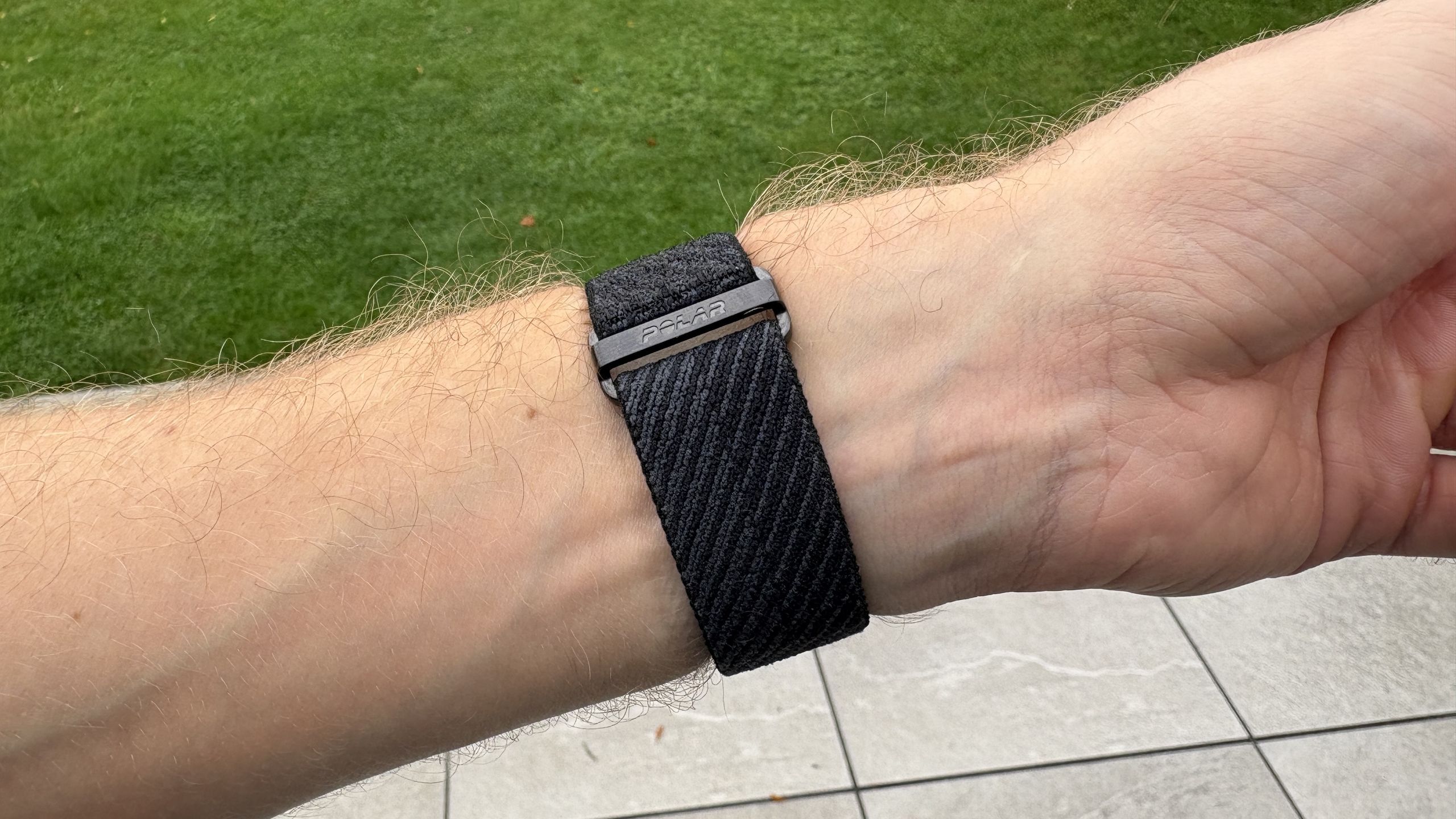Copyright forbes

Uptown Cheapskate is a unique retail resale model from BaseCamp Franchising. COURTESY OF BASECAMP FRANCHISING BaseCamp Franchising is the parent company of two upscale thrift concepts, Uptown Cheapskate and Kid to Kid. With over 270 stores across the United States and another 50-plus under development, the brands are two of the biggest retail resale concepts since Goodwill, which operates more than 3,300 stores in the U.S. and Canada. BaseCamp claims that Uptown Cheapskate is the fastest-growing retail concept in the country. At the end of 2024, BaseCamp had 270 Uptown Cheapskate and Kid to Kid stores operating in 31 U.S. states and several international markets. Hundreds of territories are still available, said Mel Green, chief technology officer of BaseCamp, in a recent interview. He said Uptown Cheapskate and Kid to Kid are transforming the thrift industry by combining a vast assortment of high-demand items with an upscale, vibrant shopping environment. For Cheapskate, think Marshall’s and the thrill of the hunt. It’s all about the merch. “There’s a lot of complexity in retail models like ours,” said Green, noting that Uptown Cheapskate stores have up to 1 million unique skews on the sales floor at any given time. The overall resale market is expected to grow to more than $70 billion by 2028 and has shown resilience to recession, which bodes well for both of the retail monikers. “The clothing resale market is booming,” the BaseCamp web site said. “Join the franchise that is transforming the industry with an upscale and highly profitable business model.” Doing Well by Doing Good Uptown Cheapskate targets Gen Zers and Millennials who are interested in sustainability and looking to dress consciously while watching their budgets. “They’re aware of some fashion trends but don’t want to spend $100 on a pair of jeans if they can get that exact same trend for closer to $20,” Green said. “As far as the merchandise, there’s a whole variety, from your standard American Eagle and Levis up to Lululemon athletic wear. There’s even some stores that sell luxury goods such as Gucci handbags, for example. We’ll purchase them from consumers and sell them for a fraction of the retail price.” MORE FOR YOU Uptown Cheapskate, with 143 units in operation, is especially attractive to HENRYs an acronym for High Earners, Not Rich Yet, said Green. The group’s annual income can range from $100,000 to $750,000-plus, but HENRYs have a lower net worth due to factors such as high living costs, debt or prioritizing lifestyle over wealth accumulation. HENRYs are also primed for Kid to Kid, which sells shoes, toys and baby gear such as cribs, strollers, and books and toys in addition to clothing. “I joined BaseCamp three years ago, shortly after it was acquired by Zach and Tyler Gordon,” Green said of the co-CEOs, noting that the businesses were founded in Utah by the Sloan family 33 years ago. The Gordon brothers acquired a minority stake in BaseCamp in 2022. BaseCamp should not be confused with the popular project management software, Basecamp, or BaseCamp Fitness, both of which have no relationship to the franchising company. “There are quite a few e-commerce players, but really we don’t see them as direct competitors,” Green said referring to Poshmark and The RealReal. “It’s similar in that they’re doing paid resale, but the means by which they do it are so different. The cost is so high to ship items, have them appraised and sold online that they tend to only deal in the higher end stuff, whereas we play across the entire [price] spectrum. You can find things from pretty much any brand in our stores.” Kid to Kid in 1992 was launched in Sandy, Utah by Shauna Sloan and her husband, Brent on the principle that “kids grow faster than paychecks” and the idea of helping parents save money on children’s clothes. Uptown Cheapskate followed with the concept of turning closets to cash, a notion that’s been proven by the success of e-commerce sites such as U.K.-based Depop, whose tag line is “more fashion, less waste,” among other e-retailers. “BaseCamp started with Kid to Kid and about 10 years ago we then added Uptown Cheapskate,” Green said of the latter retailer, which appeals to 14-plus year olds. “We’ve had a tremendous amount of growth and a lot of change that we’re leaning into. Today, we’re looking at shoring up our systems, processes and tools that help our stores be consistent and efficient in their operational dealings.” KID to Kid is a resale retail concept from BaseCamp Franchising. COURTESY OF BASECAMP FRANCHISING Leaning Into Logistics How do franchisees keep tabs on all the vast inventory in their stores? The company has an emphasis on technology and its proprietary Baseline software, which was developed in-house and powers point-of-sale, product appraisal, inventory management, and robust real-time reporting. These tech-enabled operations set up all franchisees for success, while also creating a seamless and stress-free shopping environment for customers, Green said. “We want to fill out the rest of the suite and provide options that let [franchisees] better manage their inventory and make sure they’re hitting the right times when they turn inventory on the floor so that they can get the seasons right and sell stuff as quickly as possible,” Green added. “Right now, we’re doing tools and technology for our two concepts, where 95 percent-plus of the inventory we sell is purchased directly from customers,” Green said. “We sort it and appraise it and pay them for it and then we turn around and sell it. Some of the biggest pockets of our stores are probably in Utah and Texas, especially around the Dallas area, which is really a resale capital, you might say. There’s quite a few on the East Coast and we even have one in Canada and a handful in Portugal.” “In terms of the resale market, obviously there’s been a boom as a result of tariffs,” said Juan Pellerano-Rendón, chief marketing officer of Swap. “We’re seeing a lot more brands get into resale. Brands that we work with are setting up their own resale, which is really interesting. Certainly, with tariffs and consumers trying to be more fiscally responsible, it makes sense that Uptown Cheapskate and Kid to Kid are scaling and doing well. It’s a bit of a mix of a push for sustainability, affordability and also just the general consumer preference of being able to find more of a variety of brands that are secondhand and maybe wouldn’t be accessible otherwise.” For the top quartile of 2023, Uptown Cheapskate stores had average sales of $1.83 million per unit with net income of $292,596, according to the BaseCamp web site. The total investment range is $350,000 to $575,000 with a franchise fee of $25,000. The company, which started franchising in 2008, requires a net worth of $200,000 to $400,000, and liquid capital of $100,000 to $125,000, the site said. BaseCamp is keeping its software to itself, for the moment, although it could license it to other retailers down the line. “There’s been maybe one or two exploratory conversations in the past with other retailers,” Green said. “There’s a lot of resale businesses out there, everything from trading cards to sports equipment to Legos. I think this tool could be leveraged for that. We right now are focusing on optimizing it just for our concepts that we’re franchising. In the future though, we’ve architected it in a way that it could be expanded to other concepts.” Responsible franchising How does BaseCamp choose its franchisees? “We’re fairly selective. When it comes to expanding, we’ve been focusing a lot on quality over quantity,” Green said. “We’re not interested in just getting dots on a map or collecting royalties. The things that we try to solve for, are, does the potential franchisee have what it takes to be successful. We want to partner with people who are going to win – for their sake, as well as ours. We want people who have the right kind of a community attitude. “We have an amazing franchise system and community today. Our owners are extremely collaborative. There’s a lot that we do to share data, information and best practices across the system and they all lean into that,” Green explained. “Our franchisees are intuitive and they’re extremely supportive of one another. We have a ‘no assholes’ rule. Even if somebody has a lot of money and a lot of experience, if they’re going to be difficult to work with, it’s like, life’s too short. We try to avoid that." The increasing reliance on fast fashion comes at a great environmental cost with 92 million tons of textile waste are produced each year, Green said. Uptown Cheapskate and Kid to Kid are proactively fighting the rush of environmental harm by committing to recycling over 20 million items annually in addition to the more than 225 million items that have been recycled since the brands’ founding, Green said. BaseCamp is actively looking to open in virgin states where Uptown Cheapskate and Kid to Kid stores don’t yet exist. For example, there are no stores in New Jersey, where the nearest Uptown Cheapskate location is Langhorne, Pennsylvania near Trenton. ”BaseCamp is actively looking for partners in New Jersey and New York,” Green said, adding, “We’re always looking to expand.” Pellerano-Rendón praised the Kid to Kid concept. “Kids grow out of their clothes so quickly,” he said. “That parents can come in with a kids’ whole wardrobe and literally trade it in for the next size up makes a ton of sense.” Editorial StandardsReprints & Permissions



